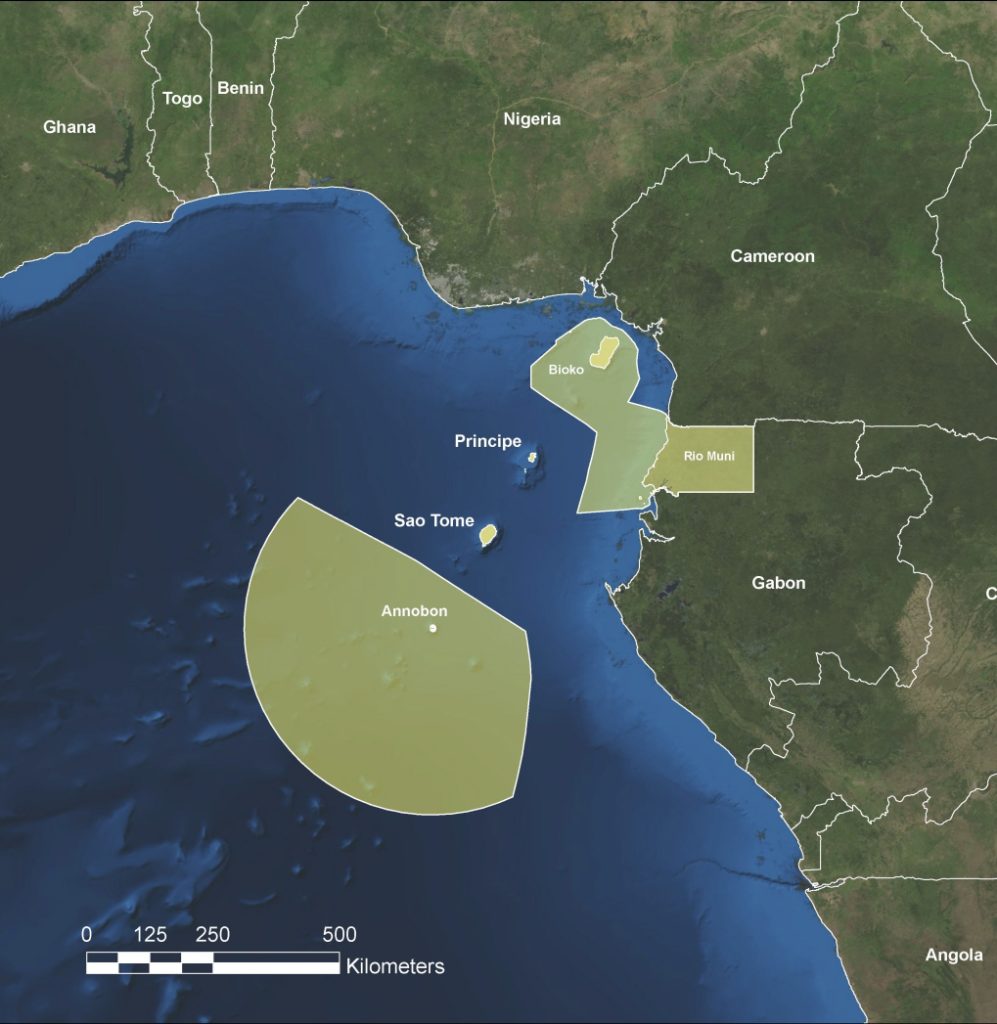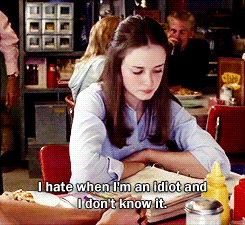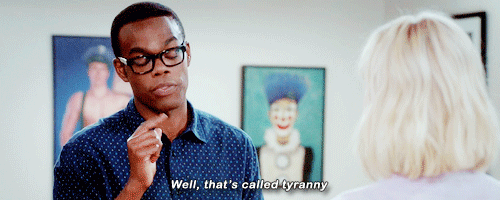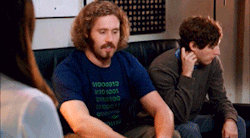Let me tell you some of the problems I have encountered in my Africa reading project. Number one is that not a huge amount of books have been published in English about many African countries, particularly smaller ones, particularly non-Anglophone smaller ones. Number two is that my library oftentimes has older African history books but does not have newer African history books, which I assume can be attributed to a shift in purchasing priorities. So the book I read for Equatorial Guinea (a teensy wee Hispanophone country) was Ibrahim Sundiata’s 1990 monograph Equatorial Guinea: Colonialism, State Terror, and the Search for Stability.
Guess what happened in Equatorial Guinea in 1996. They found oil. Black gold. Texas tea. Turns out having huge oil reserves can drastically change the course of a nation’s history.
Let me back up and tell you some of the stuff I learned from the actual book, however. Equatorial Guinea is a teeny wee country on Africa’s west coast and one of three African countries with “Guinea” in the name. (The other two are Guinea-Bissau and just plain old regular Guinea.) There’s a mainland bit of the country, which is called Rio Muni, and then there’s an island bit up by Cameroon called Bioko, and another island bit down below Sao Tome and Principe that’s called Annobon. It’s confusing. Here’s a picture.
 If you are wondering why the country is so weirdly laid out, I can report that it’s basically down to the Spanish being rather disorganized colonizers and the Portuguese knowing what they were about. Sao Tome and Principe were uninhabited at the point of Portuguese colonization and had a lot of cultivable land, whereas Bioko was fiercely defended by its inhabitants, the Bubi, and neither it nor the other Equatorian islands had much available land for large-scale farming. Annobon and Corisco (Corisco is the yellow dot just slightly southwest of Rio Muni) were usefulish as entrepots, but not so longterm useful that Portugal wasn’t willing to sell them to Spain in 1777. Spain kind of didn’t realize this before buying them.
If you are wondering why the country is so weirdly laid out, I can report that it’s basically down to the Spanish being rather disorganized colonizers and the Portuguese knowing what they were about. Sao Tome and Principe were uninhabited at the point of Portuguese colonization and had a lot of cultivable land, whereas Bioko was fiercely defended by its inhabitants, the Bubi, and neither it nor the other Equatorian islands had much available land for large-scale farming. Annobon and Corisco (Corisco is the yellow dot just slightly southwest of Rio Muni) were usefulish as entrepots, but not so longterm useful that Portugal wasn’t willing to sell them to Spain in 1777. Spain kind of didn’t realize this before buying them.

I was going to say “Get your act together, Spain!” But then I was like, wait, do I want the colonizing powers to get their act together? And then I was like, wait, but is it better if the colonizing powers don’t have their act together, or does that just fuck up the ultimate outcomes for the colonized countries? And then I remembered that it doesn’t matter because colonized nations are nearly always fucked. And also I can’t do a very good comparison yet because I don’t know anything about outcomes in Sao Tome and Principe.1
For a large chunk of the twentieth century, the Equatorial Guinean chief export was cacao, which was farmed on a small scale by the indigenous Bubi people, and on a large scale by a huge range of immigrants and migrant workers from nearby African countries (because there weren’t enough local workers to do it on a large scale). Cacao plantations had really horrible working conditions, and various other countries kept annoying Spain deeply by summoning their migrant workers back home or by investigating labor conditions and penalizing anyone who acquired migrant workers illegally; and then Spain would be on the hook for compensation payments.
In 1968, the country became independent, probably because Spain couldn’t be bothered providing financially for the country they’d spent the last two hundred years not being bothered about governing, and a guy called Macias Nguema came to power. He centralized power in his own office, outlawed competing political parties, and decreed himself President for Life.

The great majority of educated Equatoguineans fled the country, with some estimates suggesting that the population declined by more than half during Nguema’s presidency/dictatorship. He targeted people who wore glasses and the minority Bubi population (remember them from a paragraph ago? They refused to work for shitty cacao plantations and did their own damn farming instead?), as he perceived those groups as being too intellectual. Also (I did not learn this from the book, I learned it from further online researches) he apparently committed mass murder in a football stadium while blasting a jaunty song I used to like but now find extremely creepy. It was his favorite song, but that doesn’t really explain much.

I am really sorry that these posts aren’t cheerier. Just, it turns out that when colonizing powers draw arbitrary national lines and skimp on education budgets for many decades, things become quite difficult for the resulting country. Also, it is difficult to shake off dictators once you have them, particularly if the dictators in question murder and exile the entire educated class of the country.
THIS POINTED STARE I AM DOING IS AIMED AT YOU, AMERICA. DO NOT PERMIT DICTATORING. DO NOT PERMIT ANTI-INTELLECTUALISM. IT WILL NOT BENEFIT ANYBODY IN THE END.
Anyway. Eventually there was a coup, and if you have been following along at home, you probably know it was even odds that the result of the coup against the dictator would just be a brand new dictator. The former dictator’s nephew, Teodoro Obiang, now the longest-running ruler in all of Africa. When Sundiata was writing his book, it seemed like Obiang would be less awful, and I guess once he dies and things change, we will have a better picture of how much and if he is indeed less awful. But corruption is still hella rampant, with the bulk of the country’s oil money going into Obiang’s pockets rather than improvements to the country, and dissent is really not tolerated at all.
Oh, I forgot to say also that when Macias (football stadium guy) was sentenced to execution, the cult of personality around him and the belief in his magic was so strong that no Equatoguineans would carry out the execution. Obiang’s Moroccan guard had to do it.
There you go. Now you know more about Equatorial Guinea than you knew before. It is all pretty sad but better to have more information than less information, right?
Next up: Old-time Zimbabwe! (By which I mean I am reading another oldish book, because even though it’s old it’s still supposed to be quite authoritative.) If you want to follow my progress on this mighty African reading project, here’s the main page. I am determined to read four histories of African countries this year, and hopefully five.
- I know that things went horribly awry in Angola and Mozambique, which are the other two Portuguese colonies I can think of right now, but my vague recollection is that those were Cold War proxy conflicts and not bumpy road to independence situations. ↩